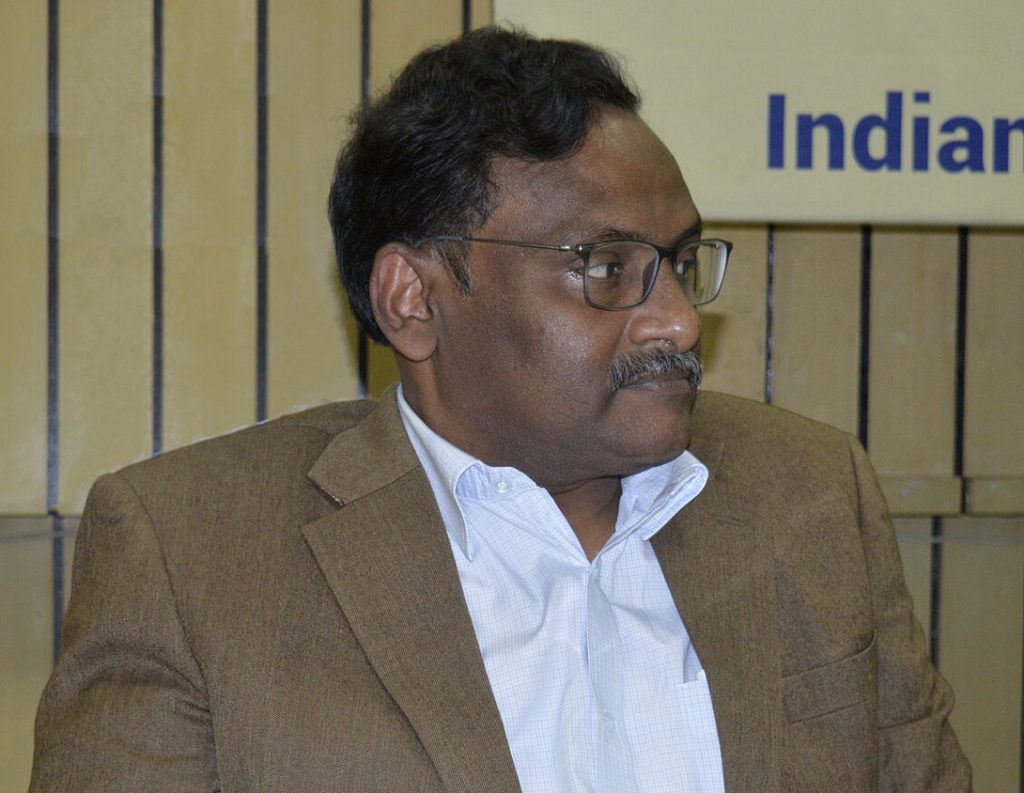Former Delhi University professor GN Saibaba, recently acquitted after a decade-long imprisonment on charges of having Maoist links, shared harrowing details of his incarceration and addressed the broader systemic issues within India’s judicial and penal systems while addressing a press conference in Hyderabad.

Professor Saibaba, who was acquitted by the Bombay High Court, recounted his experience as a “test by fire,” describing the conditions of his confinement as inhumane.
Mr. Saibaba said he spent seven years in what he referred to as a “notorious dark anda cell,” a high-security prison cell designed for isolation, which he likened to living with “closed walls” around him. The isolation, coupled with the denial of him attending his mother’s funeral, underscored the emotional toll of his imprisonment.
During his press conference, Saibaba criticized the treatment meted out to prisoners, alleging that tasks within the prison were assigned based on caste, a practice he described as deeply discriminatory.
He highlighted the lack of medical care, despite court directives, which exacerbated his health conditions, including damage to his nervous system, which he attributed to the manner of his arrest and subsequent treatment.
The Professor claimed his arrest was not merely due to alleged Maoist affiliations but was also a response to his vocal opposition to ‘Operation Green Hunt,’ a government initiative against Maoists, which he and others criticized for its impact on tribal rights. Mr. Saibaba suggested that his activism against this operation might have played a significant role in his targeting by authorities.
Professor Saibaba’s press conference also touched on broader issues of fair justice and human rights. It advocated for the protection of Adivasi rights in scheduled areas and stressed the need for the government to respect and implement laws that safeguard these communities from the exploitation of their natural resources.
In response to queries about his future, Mr. Saibaba expressed a desire to be reinstated at Delhi University, where he taught before his arrest, indicating his intent to return to academia despite the ordeal.